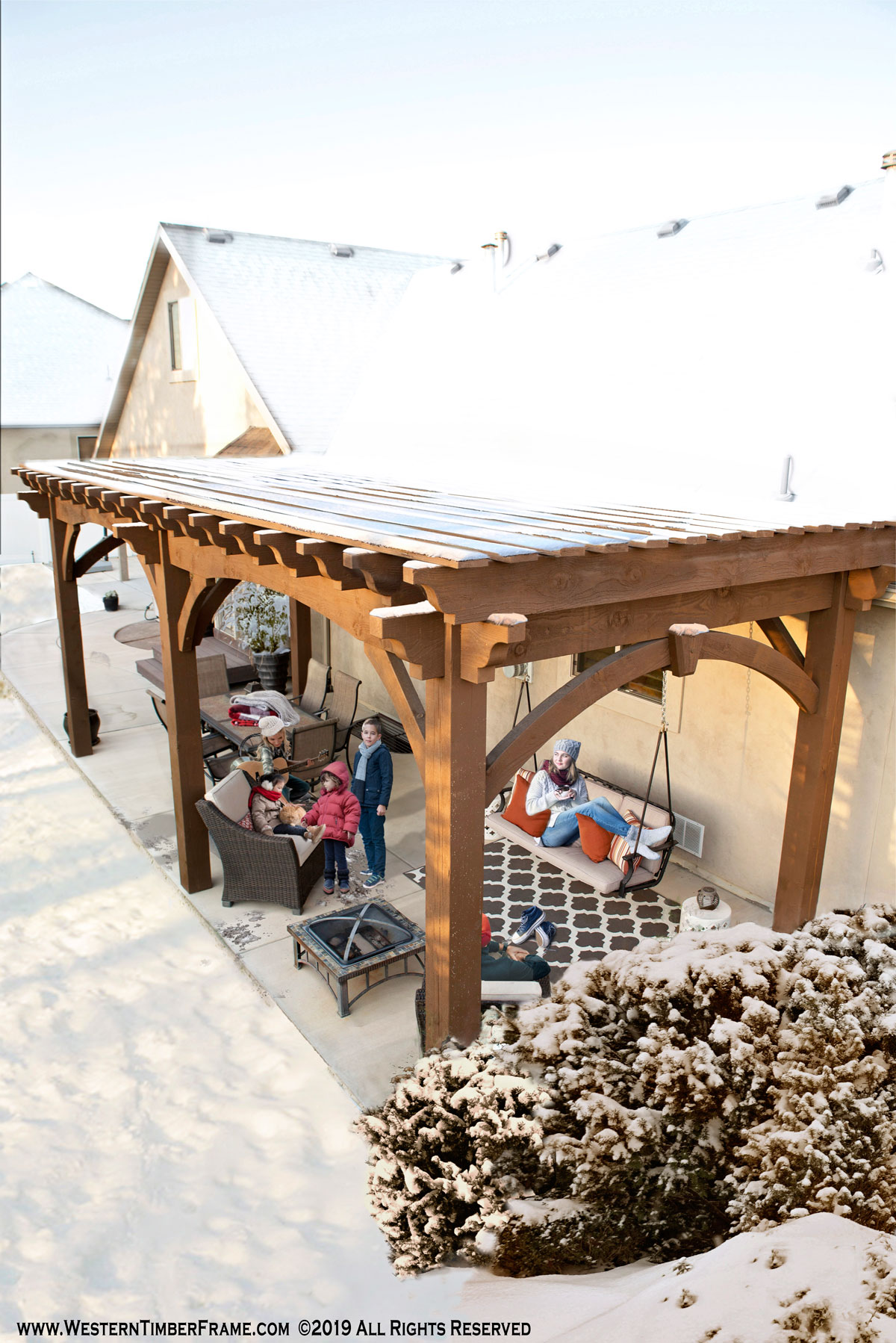Brrrr, Not a Winter Person? — Knowing This Could Change Your Heart

What if there was one single thing that could heighten and improve the senses; vision, hearing, feeling, touch and taste — as well as all your other subtle senses?
A substance that can heal wounds faster, reduce anxiety, make you look younger, improve your quality of sleep, and helps to protect against and even reverse disease.
And that one single thing can help the body to:
regulate blood pressure, digestive enzymes, heart beat, and hormones, increases reproductive health, creativity, memory, alertness and learning.
And the list goes on and on.
Would you want some of that?
And what makes it even better is: it's FREE.
Life is chemistry, a structured organism. Light is chemistry, a coordinated composition. When sunlight touches your skin, Nitric oxide is released into your bloodstream.
Nitric oxide is one of the most important and amazing molecules in the human body.

Really, how amazing is nitric oxide?

"Inhaling Nitric oxide gas as a drug is not new. This was started about 20 years ago. Newborns, many infants are born with pulmonary hypertension, they can’t breathe. Very invasive procedures were used to try to save these newborns, and most of them died. But Dr. Warren Zaypo at Massachusetts General Hospital, invented the use of inhaled Nitric oxide to give to these newborns, and their lives were saved. After a few minutes of breathing Nitric oxide, their arteries were perfect. There was no more hypertension. And they were able to go home in a couple of days." -Dr. Louis J. Ignarro (Awarded Nobel Prize for discovery of Nitric oxide)
Medical research scientist, Dr. Louis J. Ignarro —having a Ph.D. in Molecular Pharmacology and Therapeutics— was awarded the Nobel Prize in Medicine for his quantum leap discovery of Nitric oxide, a colorless gas molecule, and how it affects health and longevity.

It is important to note: Nitric Oxide (NO) is NOT the same as Nitrous Oxide (N2O).
Dr. Louis J. Ignarro's research on nitric oxide (NO) and its beneficial support of life and longevity paved-the-way for other innovations, such as Viagra, blood pressure, and heart attack medications.
Exposing your skin to sunlight diffuses Nitric oxide into the body's bloodstream. Time spent outdoors is vital to help in balancing all the body systems needed to survive and function properly. Nitric oxide is an incredibly short-lived gas that is triggered by daily sunshine boosters.
Sunlight & Nitric Oxide, so GOOD for Your Heart
Keeps Arteries Flexible
Nitric oxide is one of the most important molecules for blood vessel health. It causes vasodilatation, meaning it widens blood vessel walls; which increases the flow of blood.
Prevents High Blood Pressure
When blood flow is increased, blood pressure is lowered. As a side note, outdoor natural environments instill positive psychological effects that have also been shown to lower blood pressure.
Prevents Bleeding
Platelets originate in bone marrow and circulate in our blood. Their primary function is to prevent and stop bleeding. If a blood vessel is damaged, the body sends Nitric oxide to message platelets to travel to the injured area. Once the platelets arrive at the site, they clump together to form a clot that helps stop bleeding.
Winter has a higher increase of cardiovascular risk. This is due in part to a lower availability of UV absorption by the skin. Optimal sunlight intake is one of the best ways to facilitate full body homeostasis. Nitric oxide is a molecule that degrades quickly in the bloodstream, so it must be constantly replenished.
Can I just soak in the sun through a window indoors?
Virtually all windows, commercial or in your home —and this includes automobile glass— filters out UVB rays. This means that whether you are driving a car or sitting indoors in front of a window, you will not increase your nitric oxide (or vitamin D) levels. Only in the out-of-doors will you be able to soak up the benefits from the sun's rays.
How do I get nitric oxide on a cloudy day?
On a cloudy day you can still get your daily nitric oxide (and vitamin D) without being in direct sunlight. Even in the shade, your skin is exposed to dispersed UVB rays. Although, the rays are not as potent as they would be in direct sunlight, they still allow the body to produce nitric oxide.

Busy schedules can leave little time to get outside everyday and enjoy nature. In the wintertime, the challenge for some is even greater: it’s cold, it gets dark earlier, there's simply not as much time in the day. It is so important for your health to spend a very minimum of 15 to 20 minutes outside in the winter sunshine to get your daily supply of Nitric oxide.

"Brrrr, but it's cold, you say?"
Nitric oxide is also a key to keeping warmer in the cold. Heat is produced by nitric oxide within the cells during nutrient uptake —and the energy it releases in the process helps to regulate body temperature.
Take, for example, polar bears. Male and non-breeding female polar bears do not hibernate as do black bears and grizzly bears. Scientists have discovered that Polar bears have higher levels of Nitric oxide in their blood. This tells the cells to create more heat when it is cold and allows polar bears to stay warm in extremely cold weather.
It may seem counterintuitive but the more nitric oxide your body is able to produce from being in the outdoors, the more comfortable you will become.

The vitamins, molecules and nutrients your body stores from sunshine are perhaps the most underrated. Maybe, it is because it doesn't require a prescription – it's easy and it's free. And yet along with all the innumerable health benefits derived from the sun, it is dismal to consider life without adequate life-giving light. Dr. Marc Sorenson, a founding director of the Breast Cancer Natural Prevention Foundation, says, “Sunlight deprivation may be nearly as dangerous as cigarette smoking!”
The need for sunshine becomes substantially greater in the winter season. You, and those you love, can have the marvelous benefits of sunlit nitric oxide by taking a winter walk to clear your head, relaxing on a garden arbor swing or perhaps creating snow sculptures. It will do the heart good.
If haven't made a habit of it already, try your own practical experiment. Venture outside for at least 15 to 20 minutes daily for the express purpose of taking in nitric oxide. After a preset number of days, see if you don't enjoy a variety of added physical health benefits.


Leave a Comment